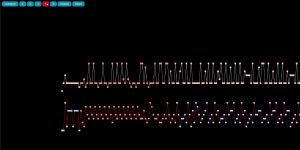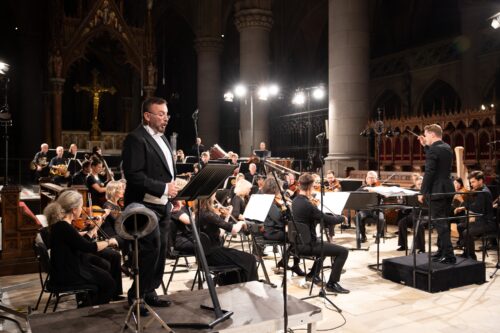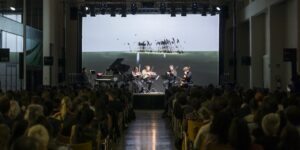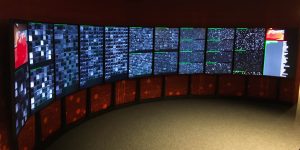What does it mean to compose together with a machine? What forms of musical authorship emerge when generative systems no longer function merely as tools but actively engage in artistic processes? Ricercar is a research software that operates precisely at this intersection between human artistic intuition and machine autonomy – not to resolve this tension, but to use it artistically.
Initiated in 2019 at the Ars Electronica Futurelab by Ali Nikrang and further developed since 2023 in close collaboration with the University of Music and Theatre Munich, Ricercar does not position itself as merely an application, but as a field of experimentation. The name itself – “Ricercar” – refers to a musical practice from the Renaissance: the act of searching, the exploration of a musical theme as a composition of inquiry. This mindset also informs the technical and conceptual design of the system. At the core of the project is the artistic and methodological investigation of those areas in which generative AI systems are not merely used as tools but are understood as equal partners in an exploratory process.
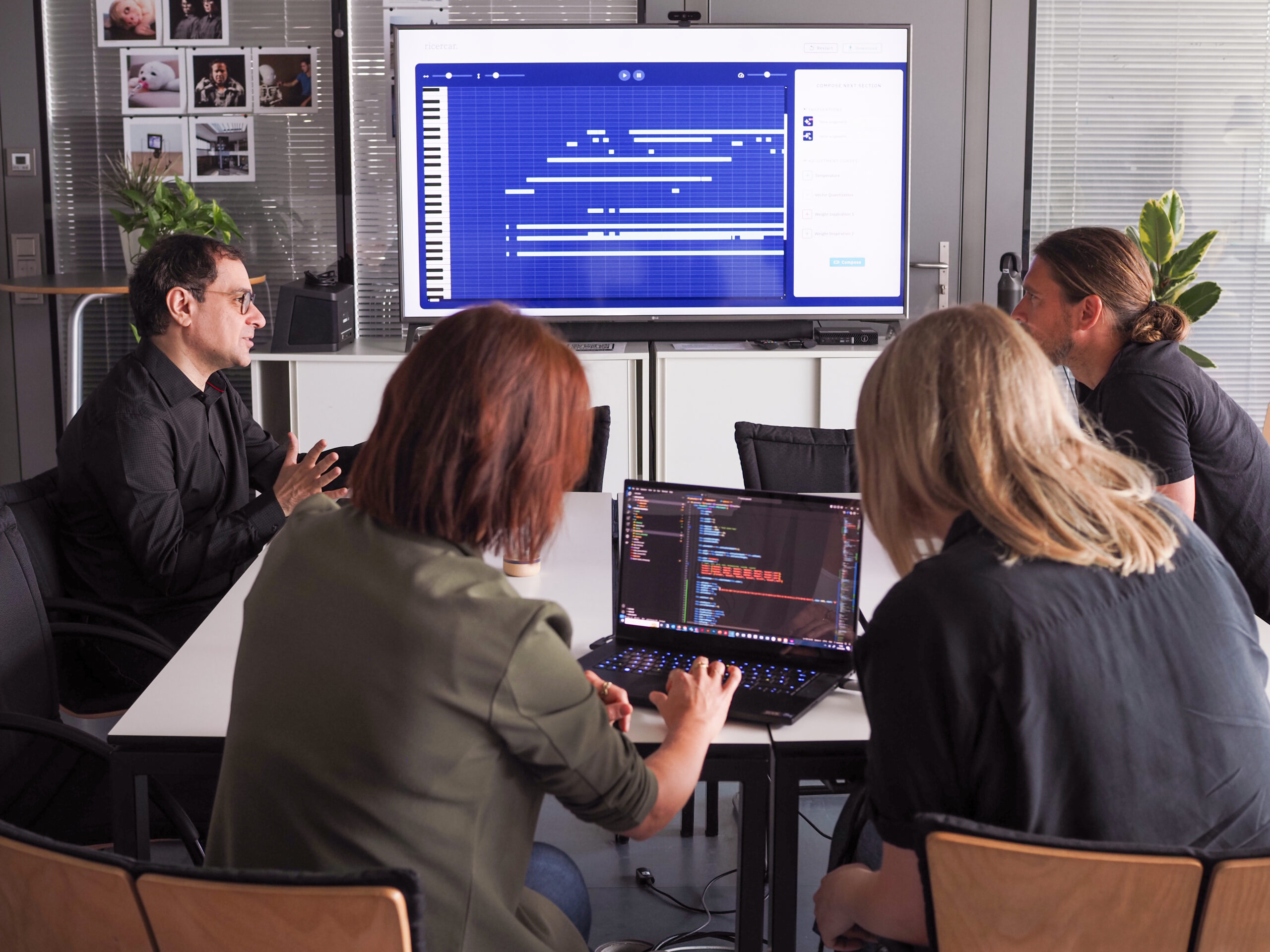
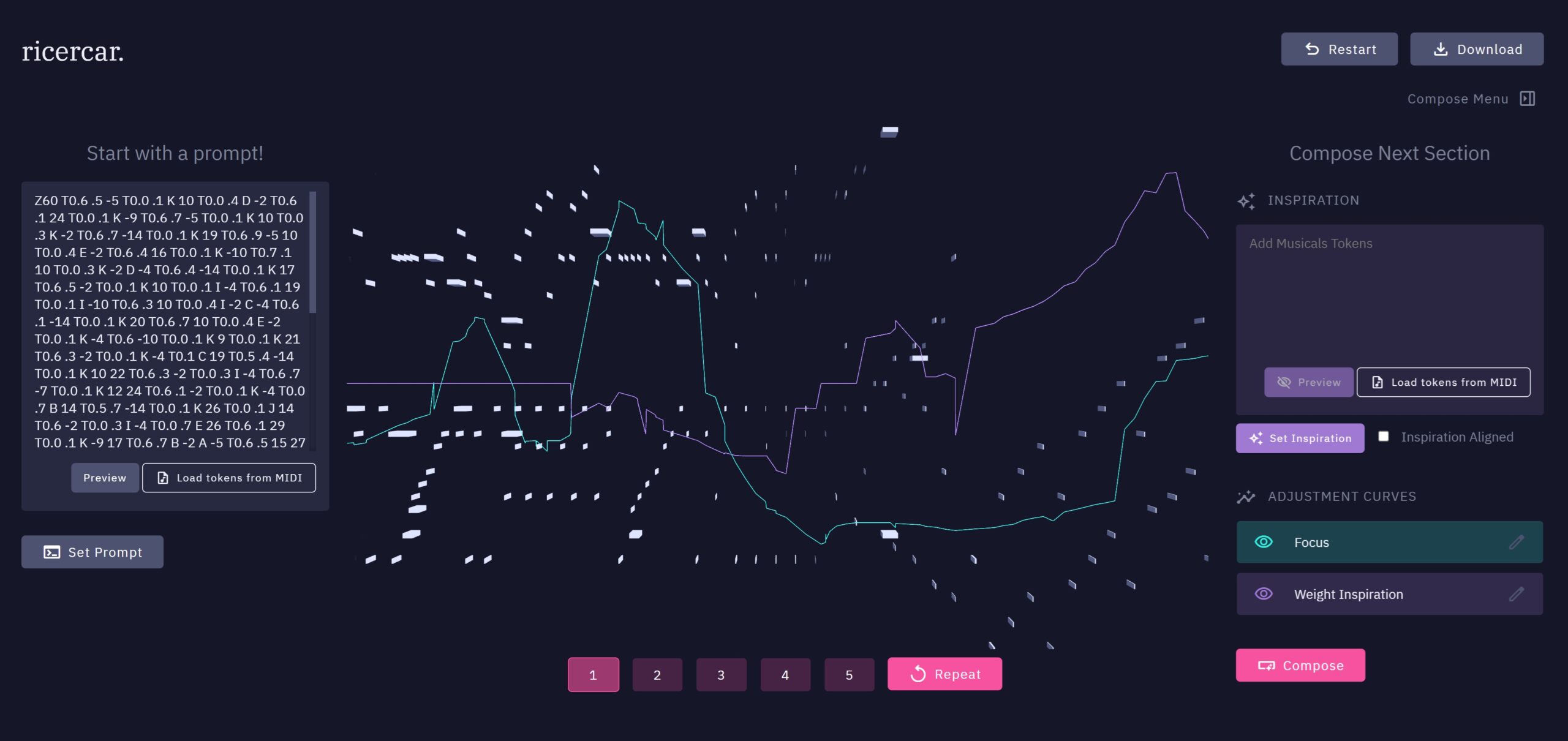
Ricercar is based on symbolic music representation (notes in MIDI format) and was trained on a corpus of public domain classical works. The data were deliberately abstracted to foreground structural aspects of musical logic – with the aim of providing the system with a fundamental understanding of the music it was trained on, independent of instrumental / orchestration techniques or notation-specific elements. This abstraction is intentional: Ricercar does not seek to simulate sound, but to engage systematically with musical decision-making processes.
Interaction with Ricercar takes place on multiple levels: musical prefixes, stylistic inspirations, time-based parameter curves, or – in research-oriented applications – direct intervention in system behavior. The creative output is not an automated product, but the result of a continuous, open dialogue with the system, with clear authorship retained by the human artist.
Inside Futurelab: Ricercar (earlier version of Ricercar, 2020)
Ricercar is used in both artistic and academic contexts that pursue a critical, research-driven engagement with AI technologies. The software or its results have been presented at the Biennale Musica in Venice (Absolute Hallucination, 2024), the Misalignment Museum in San Francisco (2023), the Museum für Kunst und Gewerbe Hamburg (2023), and the Deutsches Museum Bonn (Mission KI exhibition, since 2022), among others.
A particular focus lies in the collaboration with emerging composers. For example, within the framework of the concert project Continue.Music (2024) – a cooperation between the University of Music and Theatre Munich, the Munich Philharmonic Orchestra, and Brainlab AG: composition students developed new works premiered in October 2024. Here, Ricercar was not used merely as a tool but as an autonomous part of the artistic concepts – a system that shaped, challenged, and co-formed compositional thinking.
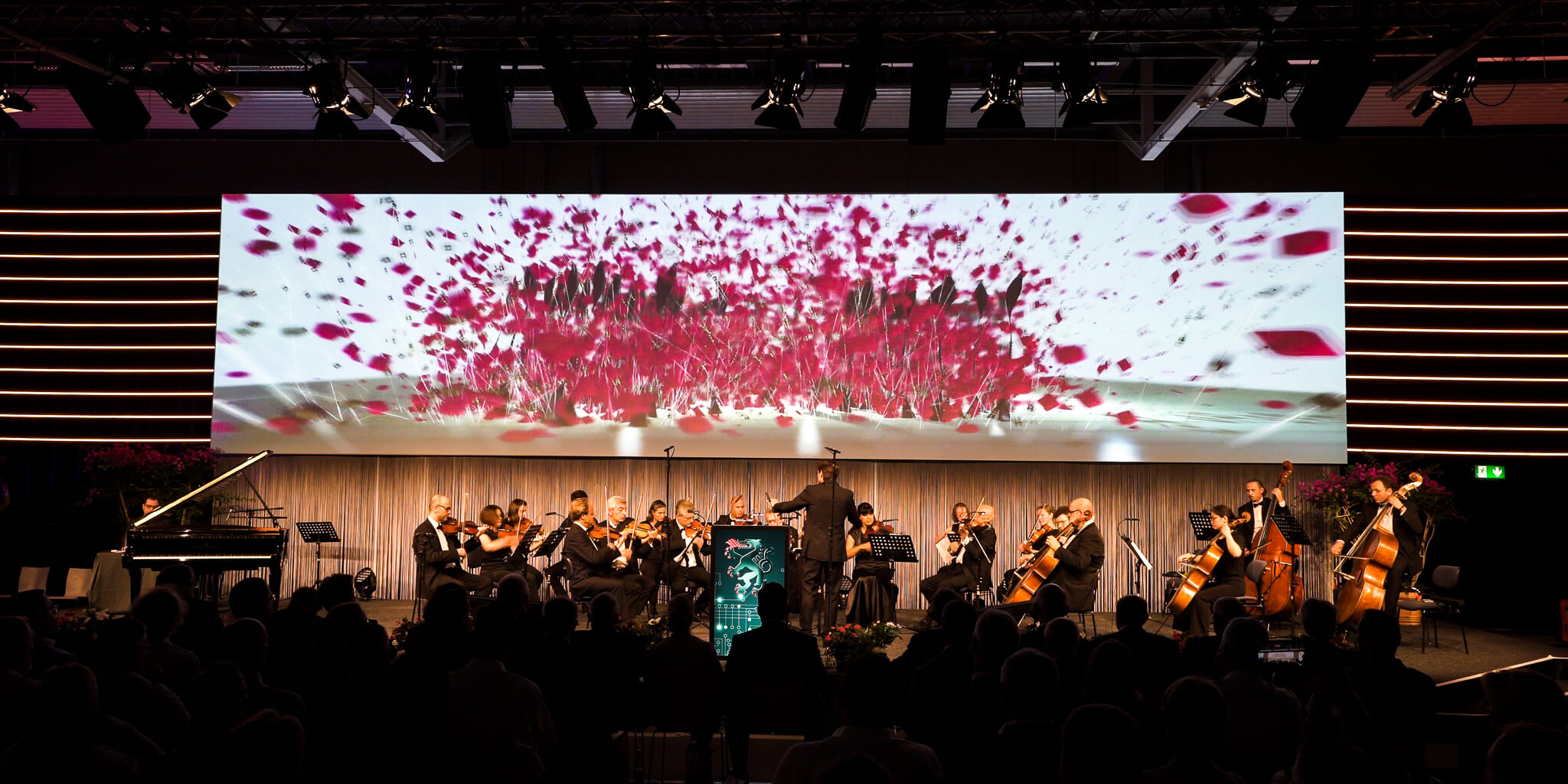
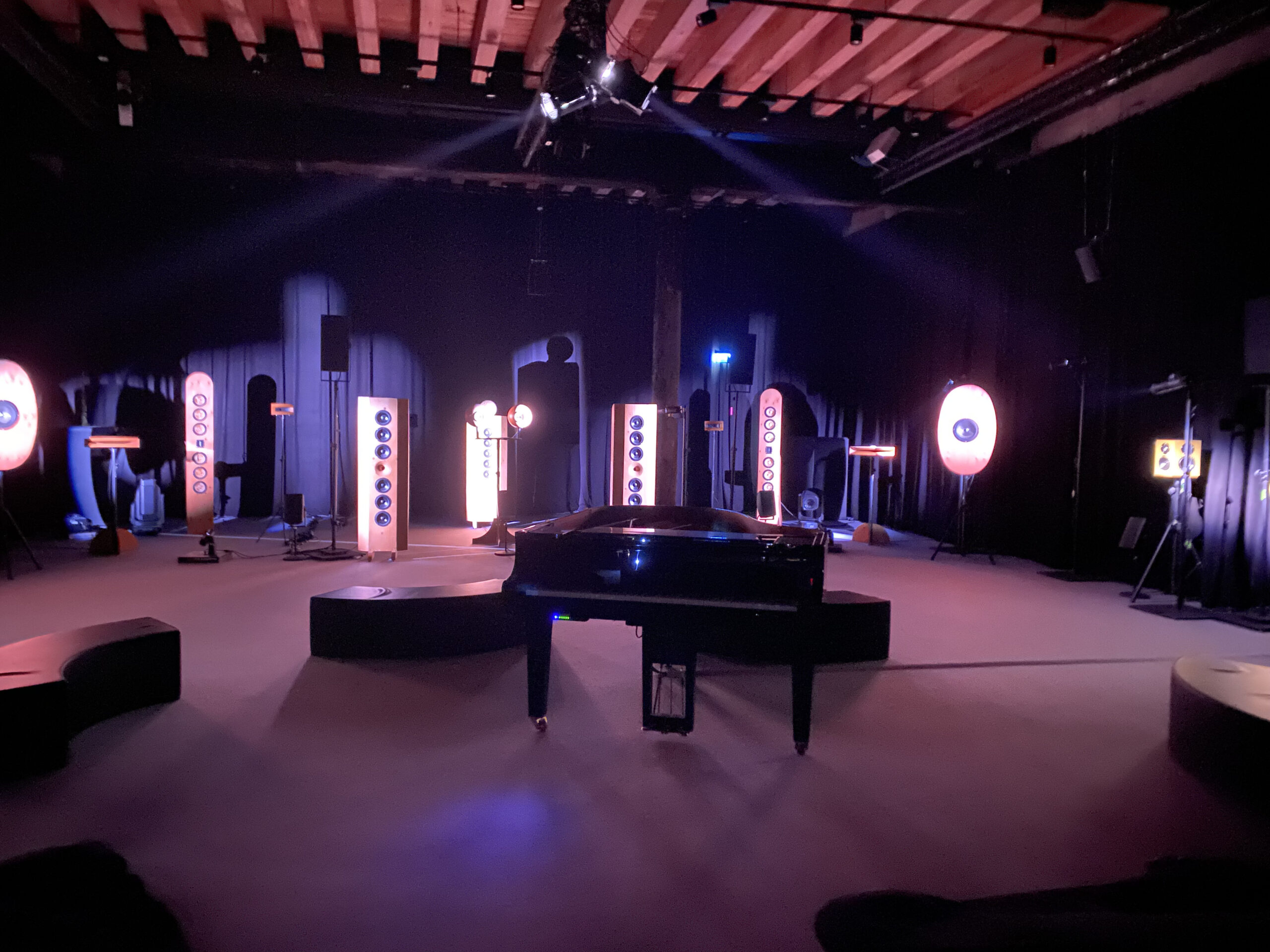
Further performances of works developed in connection with Ricercar have taken place or are scheduled in collaboration with various orchestras and institutions, including the Georgian Chamber Orchestra Ingolstadt (prelude to Ingolstadt Science Congress, June 2022), the Bruckner Orchestra Linz (Walzersymphonie, Sept/Nov 2025), and the Munich Radio Orchestra (Multiverse Symphony, June 2025) – each involving different composers, performers, and artistic perspectives.
As a research instrument, Ricercar contributes to the development of new methodological perspectives on the role of AI in artistic processes. It highlights the fact that generative systems must not be viewed solely through a technical lens, but as cultural and artistic agents – systems that not only produce but also open up and help shape artistic spaces.
Ricercar as part of the SonoSynthesis project presented during Night Performances of Futurelab Day 2022:
In academic contexts, Ricercar thus creates an open intellectual space and enables artistic-scientific studies: What forms of interaction between humans and machines are productive in the arts? What epistemic models shape these interactions? And how do generative technologies change our understanding of creativity, authorship, and artistic responsibility?
Read more about Ricercar in interviews with Ali Nikrang on the Ars Electronica Blog:
Related works:
Credits
Ars Electronica Futurelab: Ali Nikrang, Susanne Kiesenhofer
PARTNER: HMTM – Hochschule für Musik und Theater München (University of Music and Theatre Munich)
Ricercar is a winner project of the 2020 Ars Electronica Futurelab Ideas Expedition
